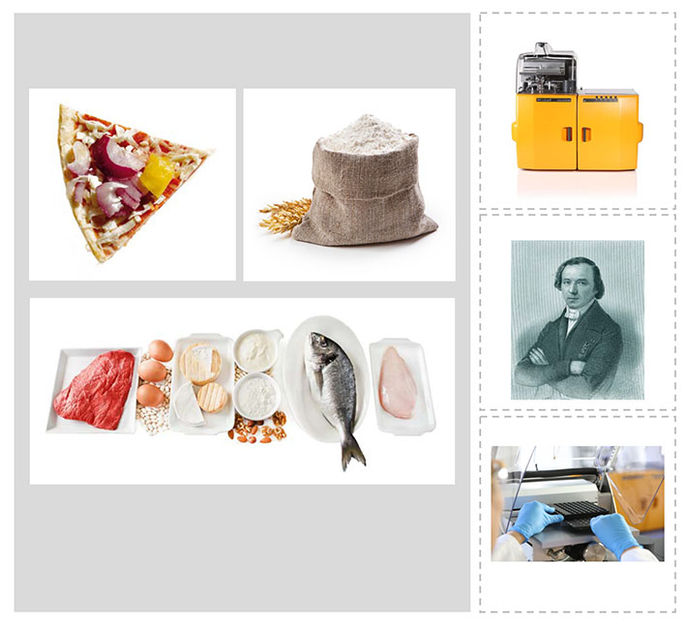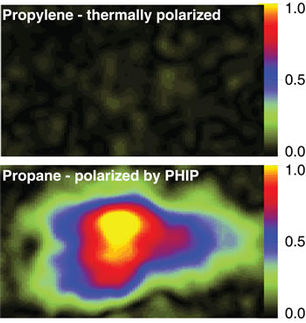Iron-based process promises greener, cheaper and safer drug and perfume production
University of Toronto researchers have developed a series of techniques to create a variety of very active iron-based catalysts necessary to produce the alcohols and amines used in the drug and perfume industry. The new synthetic methods promise to be safer and more economical and environmentally friendly than traditional industrial processes.
The research takes advantage of Earth's extensive supply of iron – the fifth most abundant naturally occurring metal – substituting it in place of the rare elements of ruthenium, rhodium, palladium and platinum traditionally used in the design of hydrogenation catalysts. The result is an exceptionally efficient class of iron complexes whose abilities rival and even surpass those of conventional industrial catalysts.
"There is a research effort world-wide to make chemical processes more sustainable and green by replacing the rare, expensive and potentially toxic elements used in hydrogenation, catalytic converters in cars, fuel cells for the efficient conversion of chemical energy into electricity, and silicone coatings, with abundant ions such as iron," says U of T chemistry professor Robert Morris, principal investigator of a study reported in the November 29 issue of Science. "Iron is about 10,000 times cheaper to obtain than ruthenium. And less than 200 metric tons of platinum-type metals are mined in the world every year, not all of it can be recycled after use, it is not essential to life, and it can be toxic."
"We found a way to make the ferrous form of iron behave in a catalytic process much more efficiently than a precious metal. We did this by finding molecules containing nitrogen, phosphorus, carbon and hydrogen, that bond to, and enhance, the reactivity of iron," says Morris.
The scientists inexpensively produced varieties of alcohol with different biological properties – which can be used in flavour and drug synthesis – and different smells, a property important to the perfume industry. In one example from the study, the precursor alcohol to a cancer treatment can be made using the hydrogenation process catalyzed by iron. Using iron, the resulting complex is often a better catalyst than the industrial one based on ruthenium.
The sustainable technology incubator GreenCentre Canada is already pursuing the commercialization of the new iron catalysts.
Other news from the department science

Get the analytics and lab tech industry in your inbox
By submitting this form you agree that LUMITOS AG will send you the newsletter(s) selected above by email. Your data will not be passed on to third parties. Your data will be stored and processed in accordance with our data protection regulations. LUMITOS may contact you by email for the purpose of advertising or market and opinion surveys. You can revoke your consent at any time without giving reasons to LUMITOS AG, Ernst-Augustin-Str. 2, 12489 Berlin, Germany or by e-mail at revoke@lumitos.com with effect for the future. In addition, each email contains a link to unsubscribe from the corresponding newsletter.
Most read news
More news from our other portals
Last viewed contents

Are Macro Sample Weights at Macro Costs Still Viable Today? - Strategies for the Efficient Determination of Protein Content of Homogeneous and Inhomogeneous Samples

























































